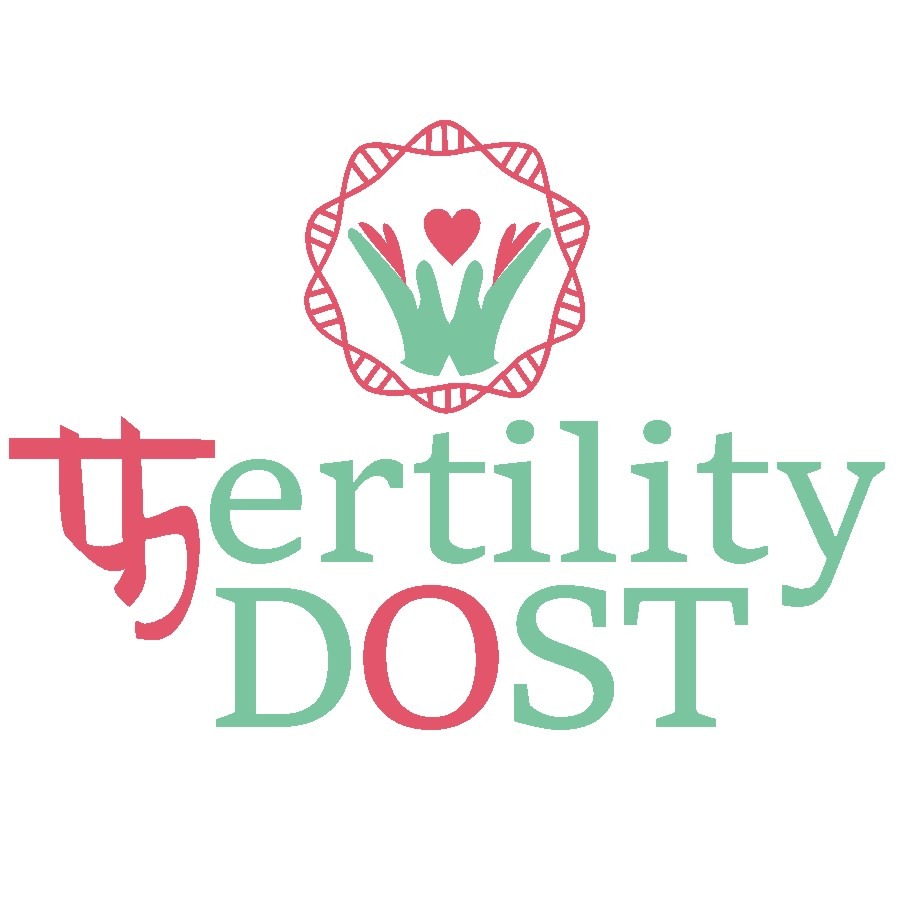
At Fertility Dost, we have seen that low AMH count is the top reason with which couples approach us. Couples get anxious if their age is higher and low AMH blood test. It seems like the end of the world. No, it isn’t! This article will clear all your doubts & myths about AMH.
What AMH Test Doesn’t Tell You?
AMH test tells you about the number of eggs and nothing, absolutely nothing about the quality of eggs. And for healthy conception, all you need is one healthy egg. So logically, if you see, low AMH is indicative and not a confirmation. SO, if you are reading this article, because you just got your AMH test as low, and are now panicking and googling, then breathe and read till the end. Remember you need onely 1 egg
What is AMH?
When it comes to fertility, Anti-Mullerian Hormone (AMH) is an important marker. AMH levels provide a glimpse into your ovarian reserve, or the number of eggs you have left. For women experiencing fertility challenges, low AMH can be a critical factor.
How do you Know AMH is Low without Taking an AMH Test?
But how do you know if your AMH levels are low? While a blood test is the only definitive way to measure AMH, your body often sends subtle signs that something might be off. Let’s explore nine symptoms of low AMH, so you can take proactive steps toward understanding and managing your fertility.
1. Irregular Menstrual Cycles
One of the earliest signs of low AMH is an irregular cycle. You may notice skipped periods, changes in flow, or unpredictable cycle lengths. This irregularity often indicates a decline in ovarian function.
How to find out about low amh?
Below are some of the symptoms that hint towards low AMH. These are just symptoms so we advise to take doctor consultation.
- Cycles shorter than 21 days or longer than 35 days.
- Heavy or very light periods.
2. Difficulty in Conceiving
If you’ve been trying to conceive without success, low AMH could be a contributing factor. With fewer eggs available, the chances of ovulation and successful fertilization decrease.
When to consult a specialist: If you’ve been trying for over a year (or six months if you’re over 35), consider fertility testing.
3. Shorter Menstrual Cycles
A sudden change in your cycle length, especially if it becomes shorter, can be a sign of diminished ovarian reserve. Shorter cycles may mean your body is ovulating earlier due to declining egg quality.
4. Night Sweats and Hot Flashes
Experiencing symptoms similar to menopause, such as night sweats or hot flashes? These could indicate hormonal imbalances related to low AMH.
Why It Happens: As AMH declines, estrogen levels may drop, leading to menopausal-like symptoms even if you’re years away from menopause.
 Explore Our Websites
Explore Our Websites bcrelx.com
bcrelx.com





Leave a Reply